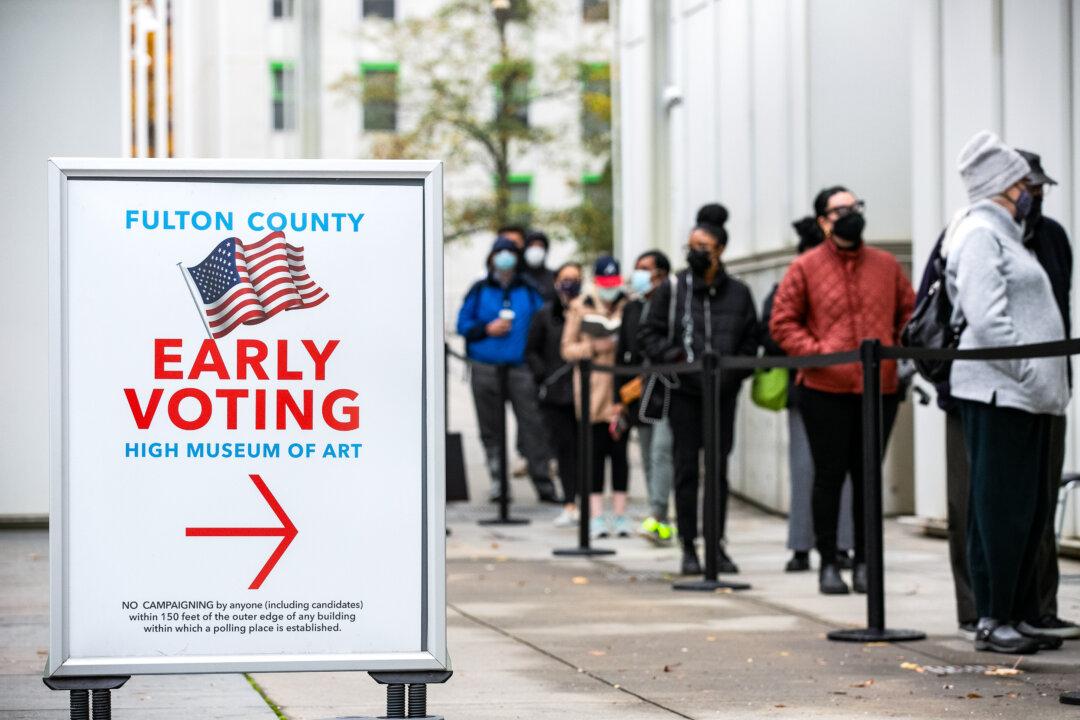The Georgia Supreme Court on Oct. 22 rejected the GOP’s bid to restore seven election rules recently passed by the State Election Board, which had previously been struck down by a judge.
The Republican National Committee (RNC) and the Georgia Republican Party had filed a petition on Oct. 17 appealing a previous ruling from Fulton County Superior Court Judge Thomas Cox that deemed the rules unconstitutional.





